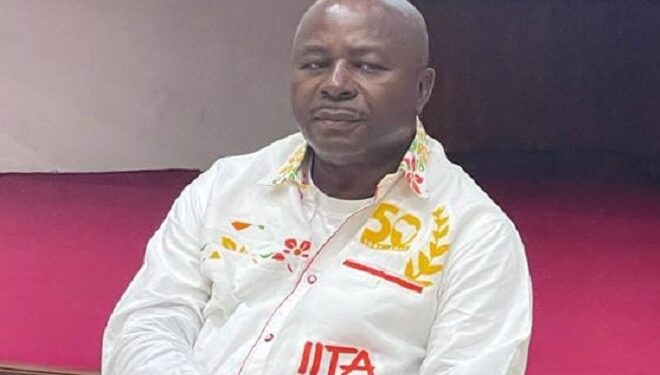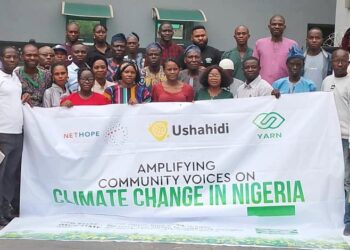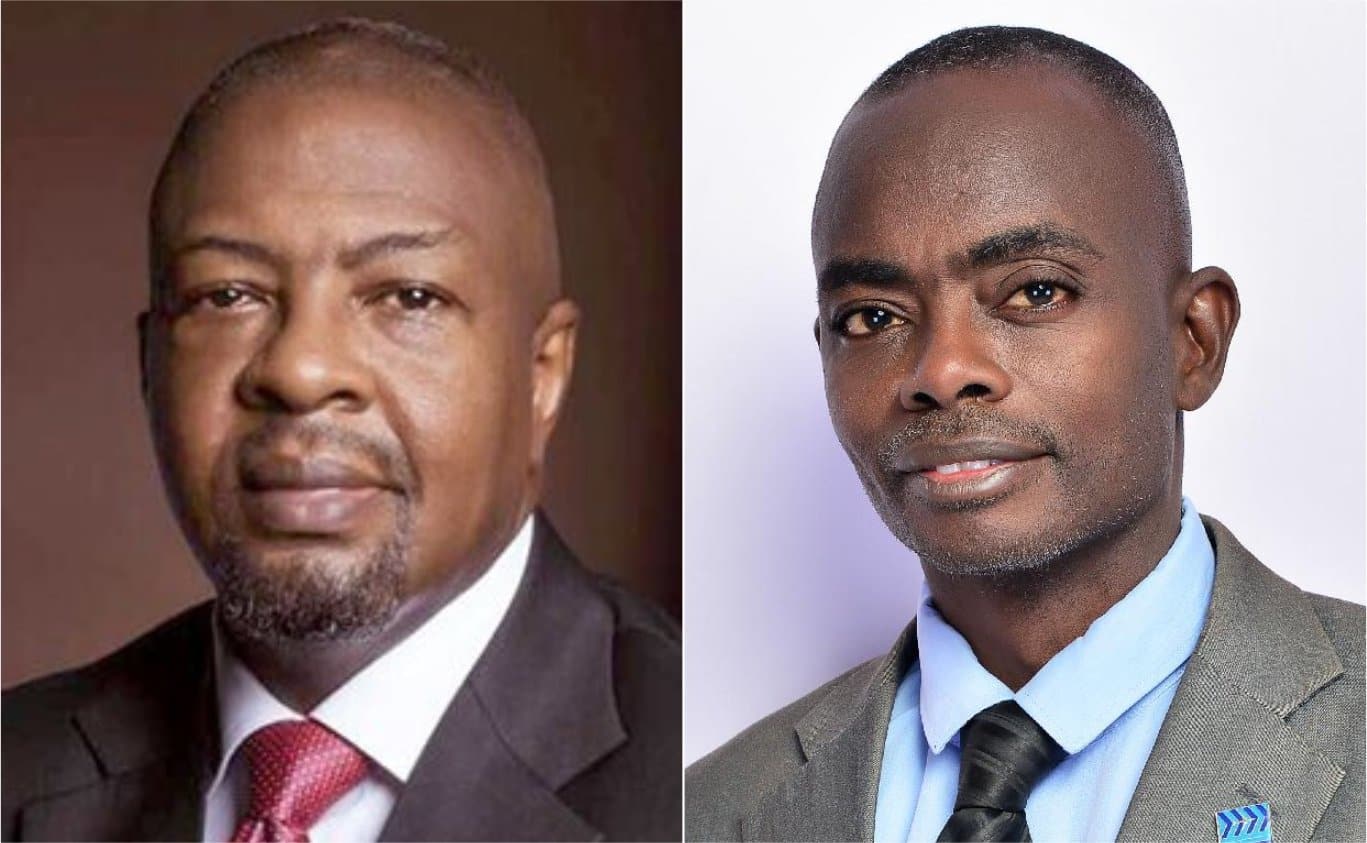The Director-General of the International Institute of Tropical Agriculture (IITA), Nteranya Sanginga, says Africa can feed itself if its leaders increase political will and budgetary allocation to diversify into agriculture.
Sanginga disclosed this in Ibadan on Friday at the press conference to celebrate his achievements as DG for 11 years.
He said that for Africa to continue to feed itself and the rest of the world, it must shift from exporting raw agricultural produce to value-added production.
Sanginga expressed hope for the continent, stating that African leaders were beginning to understand the importance of agriculture, but advocated for a total change of mindset to commit huge resources to agriculture and implement policies.
According to him, he became Director General at IITA-CGIAR on November 1, 2011, and during his 11-year term, he has brought about a tremendous transformation in the institute and in the African agricultural landscape.
Sanginga said that though he met a weak institution when he assumed office, with various challenges threatening its existence, the people-oriented leadership style he employed became a game changer that helped to reposition the institute.
“My leadership tenure has strategically positioned the institute to contribute to achieving 150 million fewer hungry people, 100 million fewer poor people, improving food and nutrition security, as well as improving natural resources and ecosystem services as part of the CGIAR Strategy 2016-2030,” he said.
The DG, whose tenure ends in January 2023, said he initiated in 2012 programs to employ youths under the youth agripreneurs program.
“IITA has created jobs for thousands of youths by making agriculture and agribusiness appealing to young people in many African countries, a program that has now evolved into a movement across the continent and since been integrated into the Business Incubation Platform (BIP), the technology delivery arm of IITA.
“The IITA Youth Agripreneurs program focuses on mentoring and building the capacity of young people, especially youth in science, entrepreneurship, and agriculture/agribusiness in Africa.
“We started during my tenure the Business Incubation Platform, which oversees IITA’s science and technologies in breeding and variety screening, genetics, cultivation techniques, plant health, disease control and biopesticide development, growth stimulation, and vegetative and generative multiplication delivery to end-users acro Africa.
“IITA-BIP serves as a model to stimulate product development and to provide opportunities for market expansion on the continent,” Sanginga said.
He stated that, having identified the impact gap from the institute’s research, many projects were instituted across various states in Nigeria and African countries.
According to him, some of the projects and programmes include the seed sector, especially for vegetatively propagated crops—which is immensely important for food security in Africa—and the Seed Tracker, an ICT tool that digitally links seed value chain actors, tracks seed production, and organizes information.
Other achievements included Radio IITA, which was launched in August 2019 to promote farmer awareness and literacy about improved agricultural technologies, agribusiness, health, nutrition, and gender. Also in 2019, the Start Them Early Program was officially launched to change primary and secondary school students’ negative views on agriculture.
He said his future endeavours include championing the partnership formed between Nigeria and the Democratic Republic of Congo (DRC)-tagged Nigeria-DRC Business Forum to promote agriculture.










